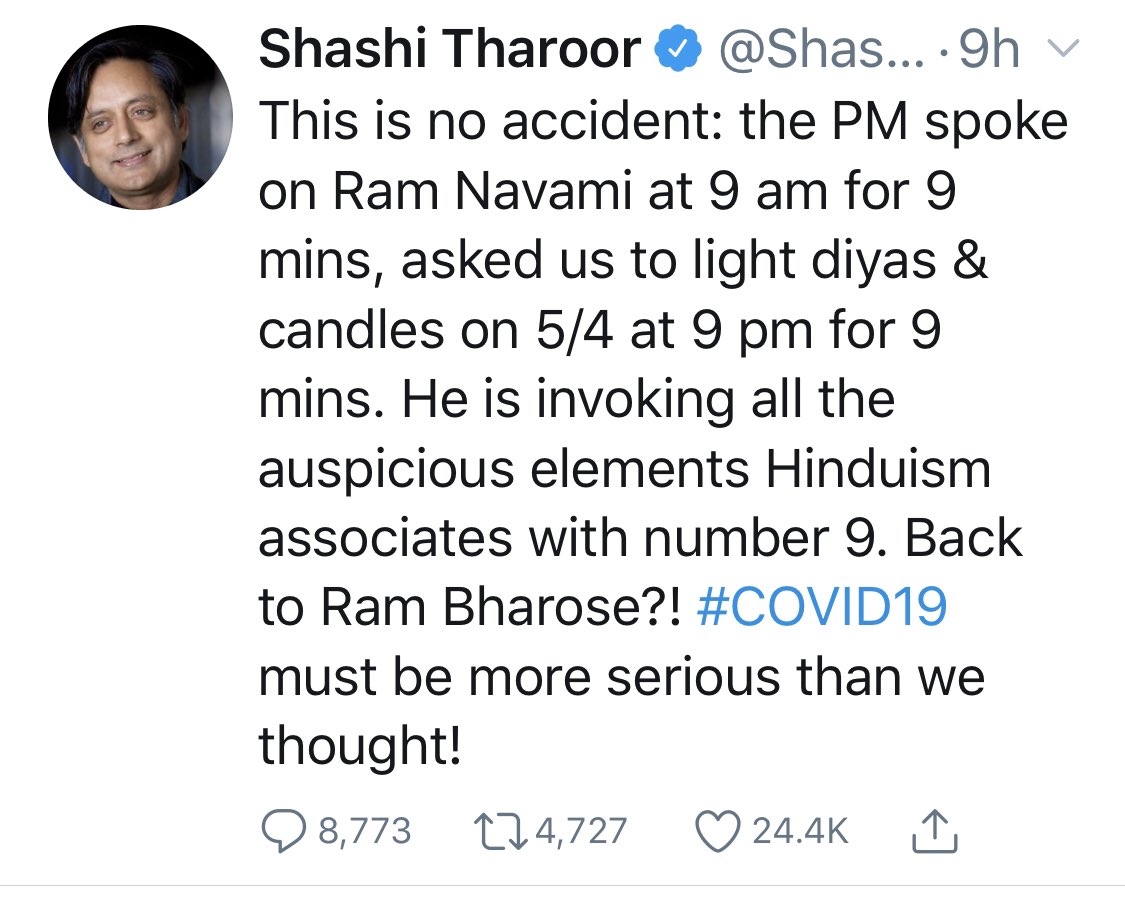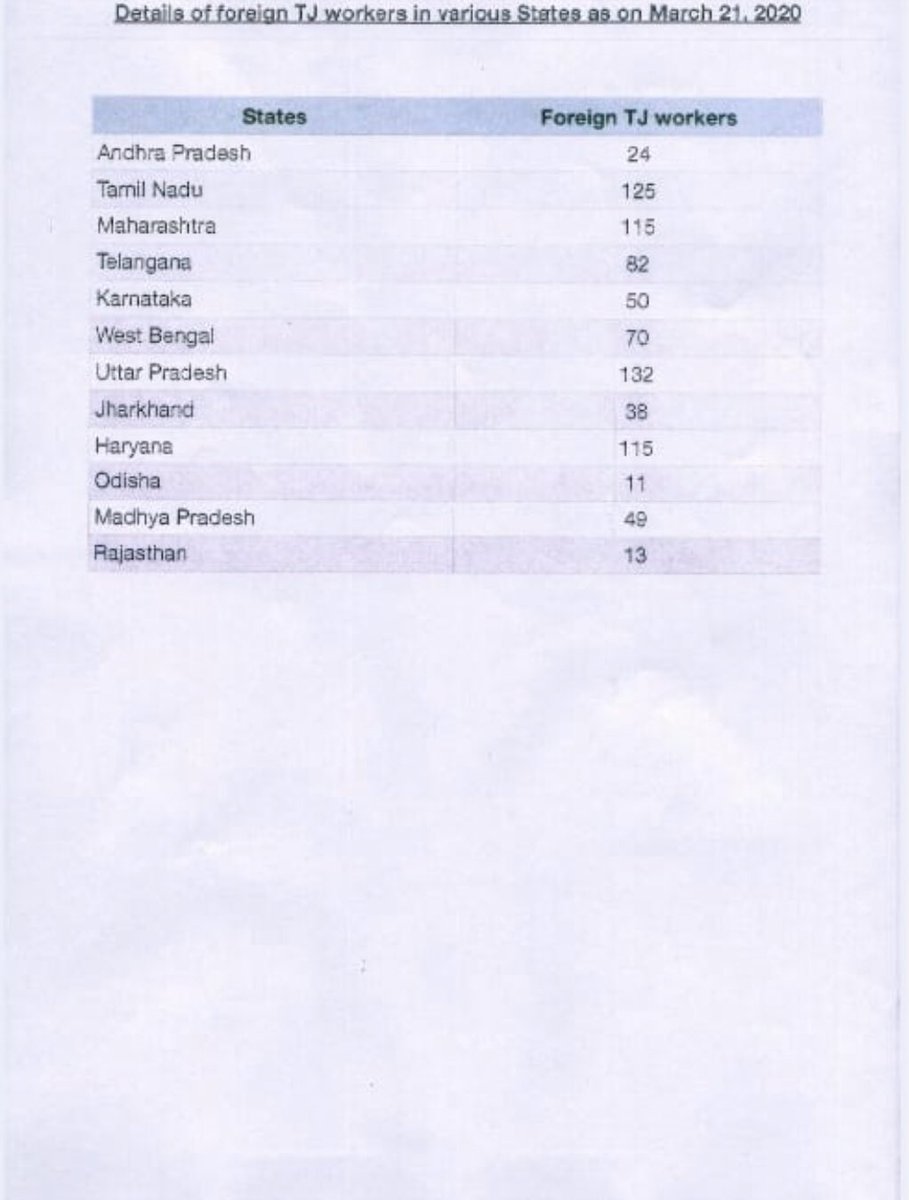General Outlook
1.India seems to have supressed the curve so far. It looks like it might escape the worst of the pandemic, but will have to be cautious.
while countries like India, Indonesia, etc are not so battered. Global Capital could flow into India, if we can act efficiently to pull it.
1.For individuals, health and safety will become No.1 on their agenda from the 3rd of 4th place. There will be more spending on this area and reduction in other discretionary spends.
3.Extreme acceleration in digital economy. I.e. Home education, home entertainment, home fitness, etc
1.Segregate Good Costs and Bad Costs
a.Good costs (Eg. Digitization, tech costs, digital marketing, best employees, etc) need to be insulated and protected
3. Maintain Good behaviour – have frank and open conversation with all stakeholders like suppliers, employees, etc...
4.Be Future Ready – In this crisis, there will be winners and there will be losers. Those who re-orient their strategy will be winners.
1.Economy was in poor shape even before Covid. The govt has little leeway to provide large stimulus.
2.Govt earns about $60-70 billion a week from taxes. Imagine what a hit a 5-week lockdown will have. Size of Indian economy is about $3 Trillion.
3.Inequality has already sharpened. The gap between rich & poor has increased. Govt needs to concentrate on mass health & mass welfare. If not, 200 million people could sink into poverty.
Result of backlash against China
1.Internationally, there could be an emotional and economic backlash against China.
3.Indian businesses need to try to become the contract manufacturer of the world, just like China. India needs to make use of this opportunity.
5.In every sector, there are good and bad companies. Management has to invest correctly in manufacturing and modern tech,
1.Indian exporters need to build trust. They need live up to promises made. They need to deliver on time and deliver the promised quality. They shouldn’t make incorrect promises just to get more business.
1.More people will prefer to buy from retail stores where there is perception of safety. They will move more towards malls away from markets. Many will move towards online stores. Wholesale suppliers also need to concentrate on such retailers.
a.A high end restaurant in Delhi is giving 40% of bill value as a gift coupon to be used anytime upto December 2020.
b.Car companies are giving buy back offers, incase the customer loses his job in the next one year.
Brick & Mortar in Discretionary Spends.
1.Cinemas could take a big hit in the near future. Entertainment could move home.
1.Indian real estate economy is sitting on a huge inventory with a huge cost-of-carry
2.The industry is highly leveraged with low margins.
3.Unsold inventory is considered as an appreciating asset, but might turn out to be a flawed view.
5.Also, the sharing and co-working space could be hit as more businesses try to have their own smaller spaces and more WFH employees.
1.Gold-as-an-asset could see appreciation.
2.Jewelry, as discretionary, will take a hit.
3.The Indian wedding industry will take a hit, as social distancing, cost consciousness, travel avoidance will prevent fat weddings, destination weddings...
1.There will be value destruction and value creation in different companies in the same sector.
2.High Debt low margin companies will find it difficult. (indicates risky or unscrouplus management)
4.No debt high margin companies are best rewarded now.
5.Know more about the CEO and management and their actions and activities.
1.No doomsday scenario (i.e. Dollar will become 90 rupees etc). Such scenarios don’t seem realistic
2.Govt should be buying as much oil as possible, as such prices may never be seen in the future of oil.
A.Large Companies
a.Huge concern seen for employees. Companies are paying the employees even when closed.
b.HUL Decided not to cut a single rupee for their suppliers, service providers, etc. No haircuts.
d.This is possible because they have reserves of funds, etc that have been built up over the years.
a.They have to work with thin capital reserves. Excess capital is taken out of the business and applied into personal assets.
c.Because of this, they are unable to meet the cash expenses of even the next month.
1.Should force majeure clauses be triggerd in various contracts like rent, supply, etc? It will lead to litigation, but there is no point in getting into litigation now.
3.Parties need to sit across the table and find a common ground and mutually decide upon the costs, rentals, etc. Burden has to be shared.
As per McKinsey survey of entrepreneurs few days ago, 53% Indian entrepreneurs are optimistic, while only 25% Japanese entrepreneurs are optimistic.
It seems to be a mild U-Curve for the Indian economy. But the descent has not stopped yet.
There is more pain ahead.






